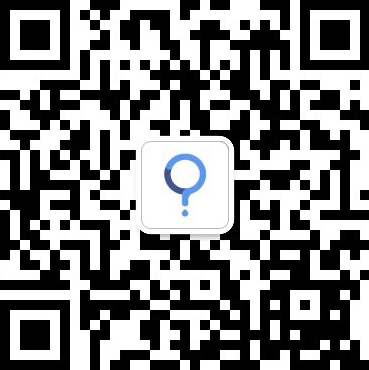Tumor-derived exosomes antagonize innate antiviral immunity
摘要:Malignancies can compromise innate immunity, but the mechanisms of this are largely unknown. Here we found that, via tumor-derived exosomes (TEXs), cancers were able to transfer activated epidermal growth factor receptor (EGFR) to host macrophages and thereby suppress innate antiviral immunity. Screening of the human kinome identified the kinase MEKK2 in macrophages as an effector of TEX-delivered EGFR that negatively regulated the antiviral immune response. In the context of experimental tumor implantation, MEKK2-deficient mice were more resistant to viral infection than were wild-type mice. Injection of TEXs into mice reduced innate immunity, increased viral load and increased morbidity in an EGFR- and MEKK2-dependent manner. MEKK2 phosphorylated IRF3, a transcription factor crucial for the production of type I interferons; this triggered poly-ubiquitination of IRF3 and blocked its dimerization, translocation to the nucleus and transcriptional activity after viral infection. These findings identify a mechanism by which cancer cells can dampen host innate immunity and potentially cause patients with cancer to become immunocompromised.
关键词:Malignancies can,immunity
论文方向:[{"id":73,"name":"免疫学"},{"id":906,"name":"医学免疫学"}]
发表期刊:Nature Immunology
数字识别码:doi:10.1038 / s41590-017-0043-5
是否作者本人: 否
版权及免责声明:
本网站所有论文文件均系用户自行上传或提供,本网站对其内容准确性及合法性概不负责,亦不承担任何法律责任。论文版权归原作者及原出处所有。
如您发现网站其他用户上传的论文有侵犯您的姓名权、隐私权、著作权或其他合法权益现象的,请及时与本网站联系并附加相关权利证明文件,以便本网站及时作出处理,维护您的合法权益。
本网站拥有对此声明的最终解释权。






{replyUser1} 回复 {replyUser2}:{content}